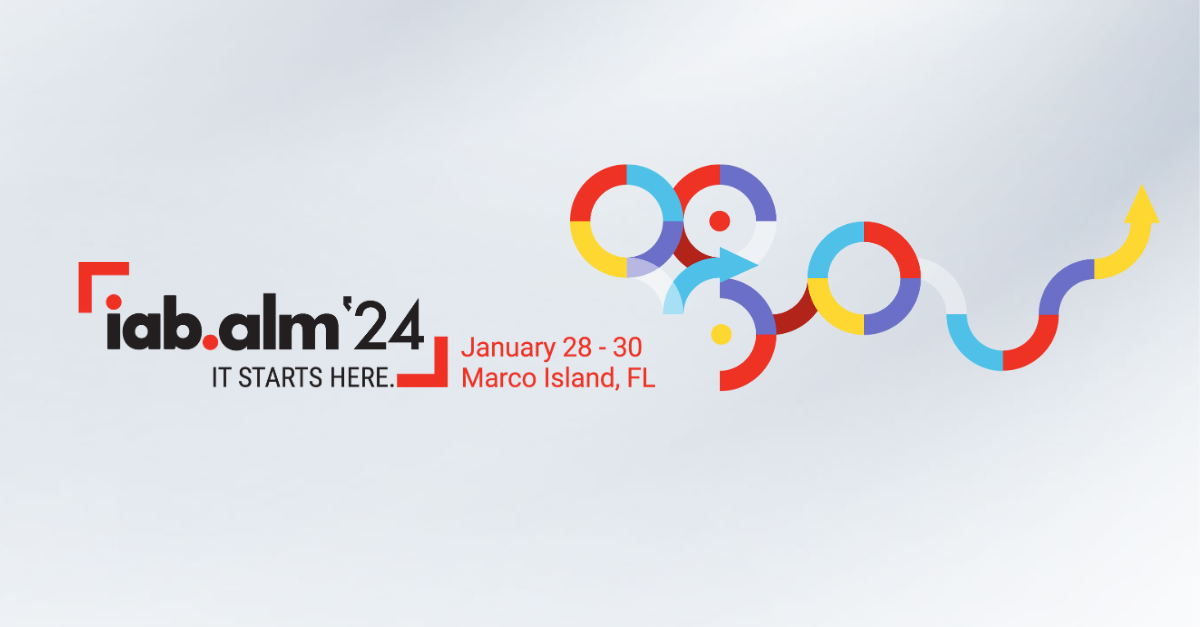The digital advertising ecosystem, represented with complexity in the LUMAscapes, faces a substantial challenge due to the pervasive lack of third-party accreditation across its numerous facets, including demand side platforms, mobile measurement platforms, creative optimization tools, ad exchanges, etc. This shortfall calls into question the authenticity of ad measurement metrics, which are foundational to the industry’s reputation.
Challenging Self-Assessment: The Bias of In-House Measurement and Certification
The practice of self-measurement, prevalent among various industry players from large tech companies to media publishers, inherently introduces bias. This self-certification, lacking independent audits, can pollute the ecosystem with metrics that may not be impartial.
This issue intensifies when publishers and agencies certify solutions without advocating for third-party accreditation, effectively grading their own homework. Such practices can embed bias and diminish the transparency and equity crucial for the digital advertising marketplace.
The False Assurance of Unverified Compliance
The industry is further compromised by ad tech and measurement companies that claim adherence to measurement standards without undergoing the rigors of independent accreditation. This situation demands that stakeholders, including advertisers, agencies, and publishers, approach these claims with a healthy dose of skepticism and demand accredited substantiation.
Assessing Investments Versus Accreditation Commitment
The argument that the accreditation process is prohibitively costly and complex is often contradicted by the substantial investments that companies are willing to make in research and marketing. This contrast raises the question of whether such companies are truly committed to transparency or if they are avoiding accreditation for fear of revealing deficiencies in their procedures and quality controls.
The IAB Tech Lab’s Compliance Programs offer a feasible starting point towards accreditation, providing a structured yet flexible framework for companies to align with industry standards. This preliminary certification paves the way for the more comprehensive Media Rating Council (MRC) accreditation process.
Accreditation, particularly under the MRC purview, is a robust indication that a service has not only passed an audit but has also gained approval from an audit committee and the MRC Board of Directors. Maintaining this status requires passing annual audits, which serve to uphold the high standards of quality and reliability in audience measurement.
Acknowledging the non-profit status of organizations like IAB Tech Lab and MRC is crucial. They are dedicated to preserving the standards and guidelines of digital advertising, not to generating profit, ensuring that the costs of accreditation support a more reliable advertising environment.
Advocacy for Verified Measurement Standards
The digital advertising sector must demand more than simple assertions of compliance; third-party accreditation or, at minimum, independent certification, must be recognized as an essential criterion. The absence of this is a significant concern that should prompt further investigation and caution.
The industry’s move toward regularized third-party accreditation is a step toward ensuring that all partners can substantiate the impartiality and accuracy of their data. This transparency is the cornerstone upon which trust is built in the digital advertising realm.
At this juncture, the industry must embed third-party accreditation into its core practices. The hesitancy to pursue accreditation because of its perceived expense or difficulty is no longer tenable. Adherence to data privacy laws, especially in the context of preventing unauthorized fingerprinting or stitching of personal user data without consent, underscores the criticality of this effort. The collective endeavor of advertisers, agencies, and publishers to insist on unbiased, accredited measurement practices will be pivotal in creating an ecosystem where trust, transparency, and respect for user privacy are the standard.




